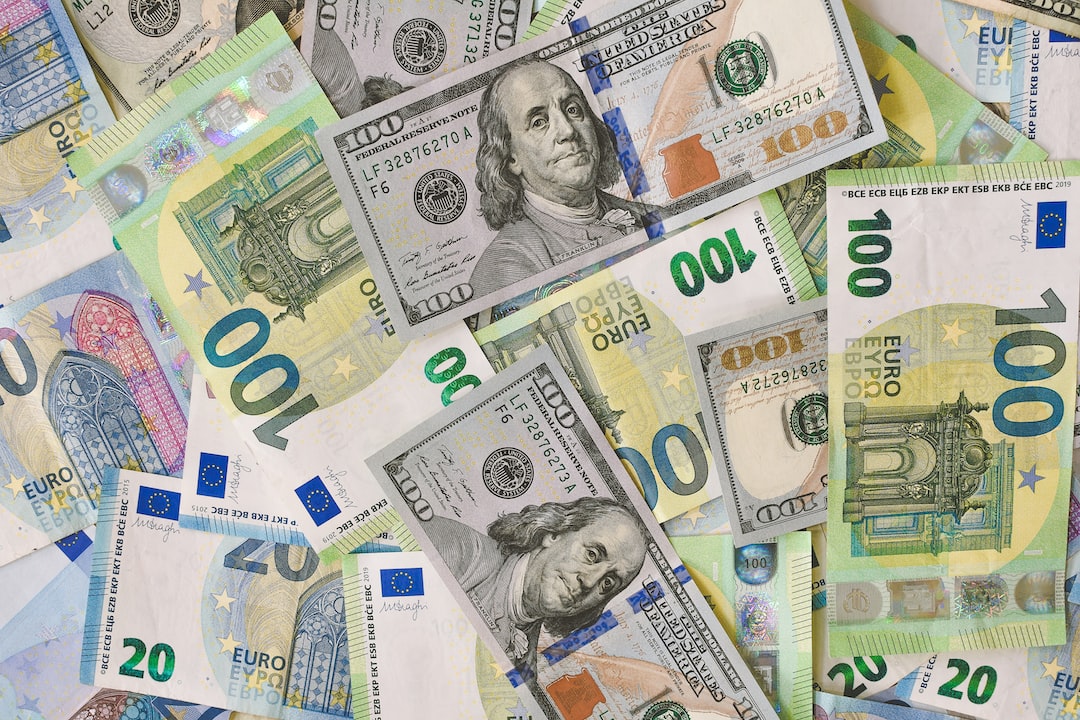Forex trading has become increasingly popular in recent years, with millions of people trading currencies on a daily basis. Forex brokers are the intermediaries between traders and the market, providing access to trading platforms, analytical tools, and other resources necessary for successful trading. One question that often arises among forex traders is where do forex brokers get money to pay traders? In this article, we will explore the sources of income for forex brokers and how they use them to pay traders.
Spread
The spread is the difference between the bid price (the price at which a trader can sell a currency pair) and the ask price (the price at which a trader can buy a currency pair). Forex brokers make money by charging a spread on each trade executed by their clients. The spread can be fixed or variable, depending on the broker. Fixed spreads are predetermined and do not change, while variable spreads fluctuate based on market conditions.
For example, if the current bid/ask price for a currency pair is 1.2000/1.2005, the spread is 5 pips. If a trader buys this currency pair, they will pay the ask price of 1.2005, which is 5 pips higher than the bid price. The forex broker will receive the 5 pips as their commission for executing the trade.
Commission
Some forex brokers charge a commission on each trade in addition to the spread. This commission is usually a percentage of the trade size and can range from a few cents to several dollars per lot traded. The commission-based model is more transparent than the spread-based model because traders know exactly how much they are paying in commission for each trade.
For example, if a forex broker charges a commission of $5 per lot traded, and a trader buys one lot of EUR/USD, they will pay $5 in commission to the broker. The commission is deducted from the trader’s account balance at the time the trade is executed.
Overnight financing
Forex brokers also make money from overnight financing charges. When a trader holds a position overnight, they are charged a financing fee, which is based on the interest rate differential between the two currencies in the currency pair. The financing charge is either added to or subtracted from the trader’s account balance, depending on whether they are long or short on the currency pair.
For example, if a trader buys one lot of EUR/USD and holds the position overnight, they will be charged a financing fee based on the interest rate differential between the Euro and the US dollar. If the Euro has a higher interest rate than the US dollar, the trader will receive a positive financing charge, and if the US dollar has a higher interest rate than the Euro, the trader will receive a negative financing charge.
Mark-up
Forex brokers may also make money by marking up the bid/ask spread of currency pairs. This means they increase the spread above the market rate to earn additional revenue. Mark-ups are common among brokers that offer fixed spreads, and the mark-up amount varies from broker to broker.
For example, if the market bid/ask price for EUR/USD is 1.2000/1.2005, a forex broker may offer a fixed spread of 2 pips, with a mark-up of 1 pip. This means the broker’s bid/ask price for EUR/USD will be 1.1998/1.2007, and they will earn a 1-pip mark-up on each trade executed by their clients.
Conclusion
Forex brokers make money from various sources, including the spread, commission, overnight financing charges, and mark-ups. They use these sources of income to pay traders who make profits on their trades. It is important for traders to understand the different revenue models used by forex brokers and how they affect the overall cost of trading. By doing so, traders can choose a broker that offers the most competitive pricing and trading conditions for their trading style and preferences.






